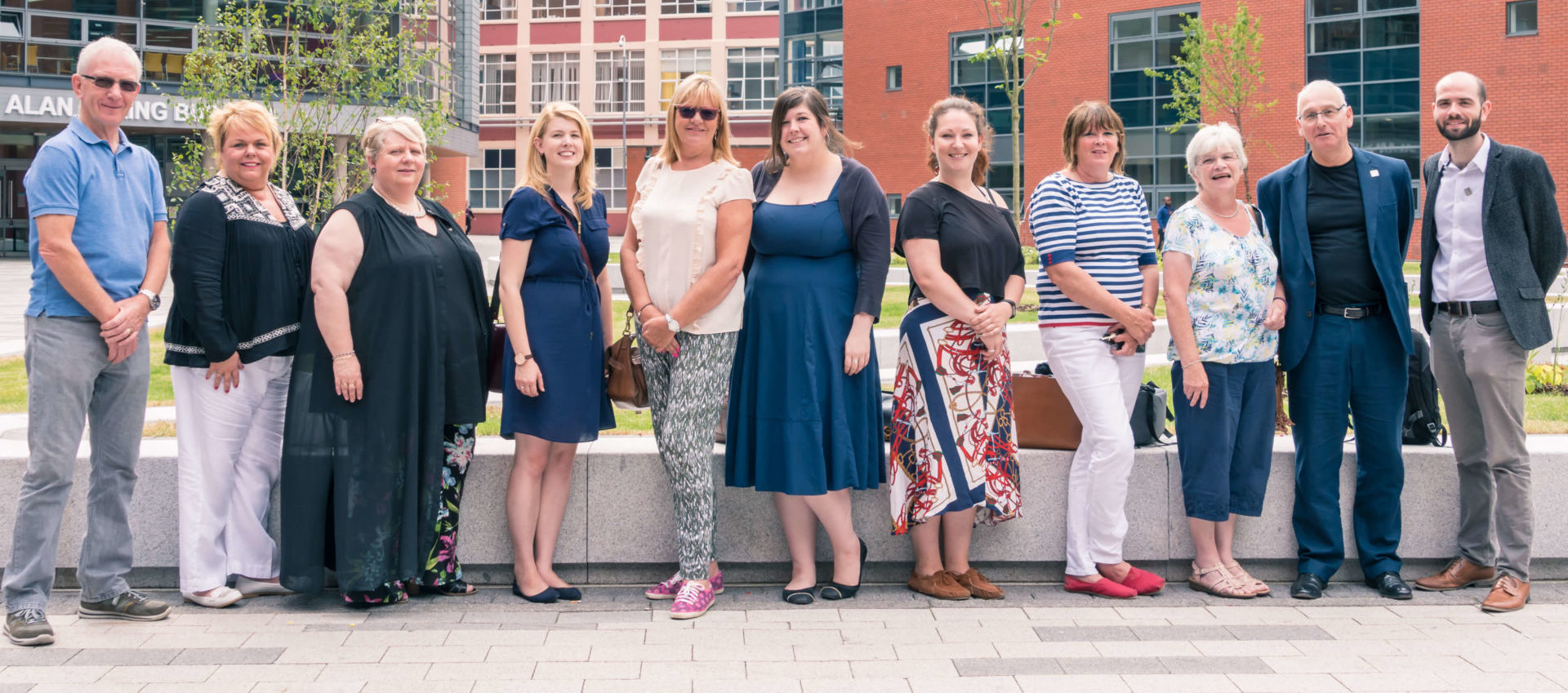Our Research Involvement Network is a group of people who each have a personal connection to pancreatic cancer, including patients, carers, loved ones and survivors. They help shape Pancreatic Cancer UK’s work and the work of researchers by getting involved in a variety of different opportunities ranging from commenting on lay summaries before funding applications are submitted, reviewing applications, attending focus groups, reviewing patient information sheets and sitting on committees for different clinical trials.
The group has a diverse range of views and experiences and their insight helps to ensure that only the highest quality research is being conducted.
Why is your involvement important?
By involving people affected by pancreatic cancer at all stages of the research process, we’re able to increase our understanding of pancreatic cancer and ensure that the research being conducted is relevant to the needs of people affected by pancreatic cancer. This means moving beyond thinking of patients as participants in a study, but as partners in setting research priorities, selecting the research that should be funded and guiding researchers with their work. No research background is required to be a member of the Network.
What can you expect from being part of the group?
Through monthly bulletins, we keep the network up to date on the latest research involvement opportunities, events and news.
Members can choose how, when and to what extent they want to contribute and can be involved as much or as little as they like.
